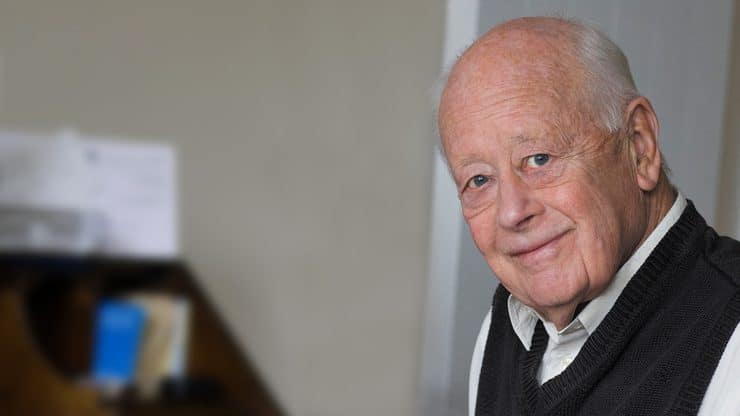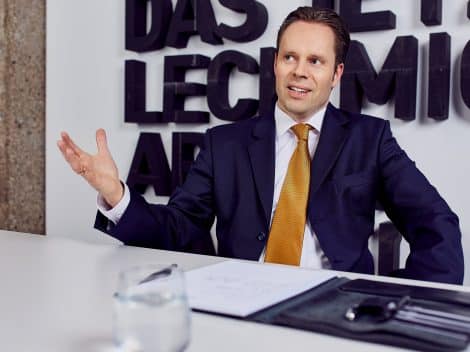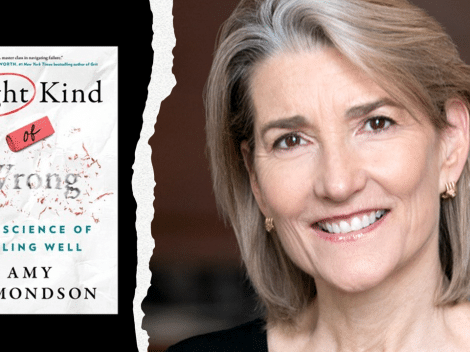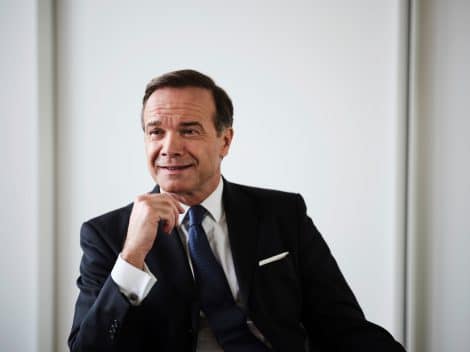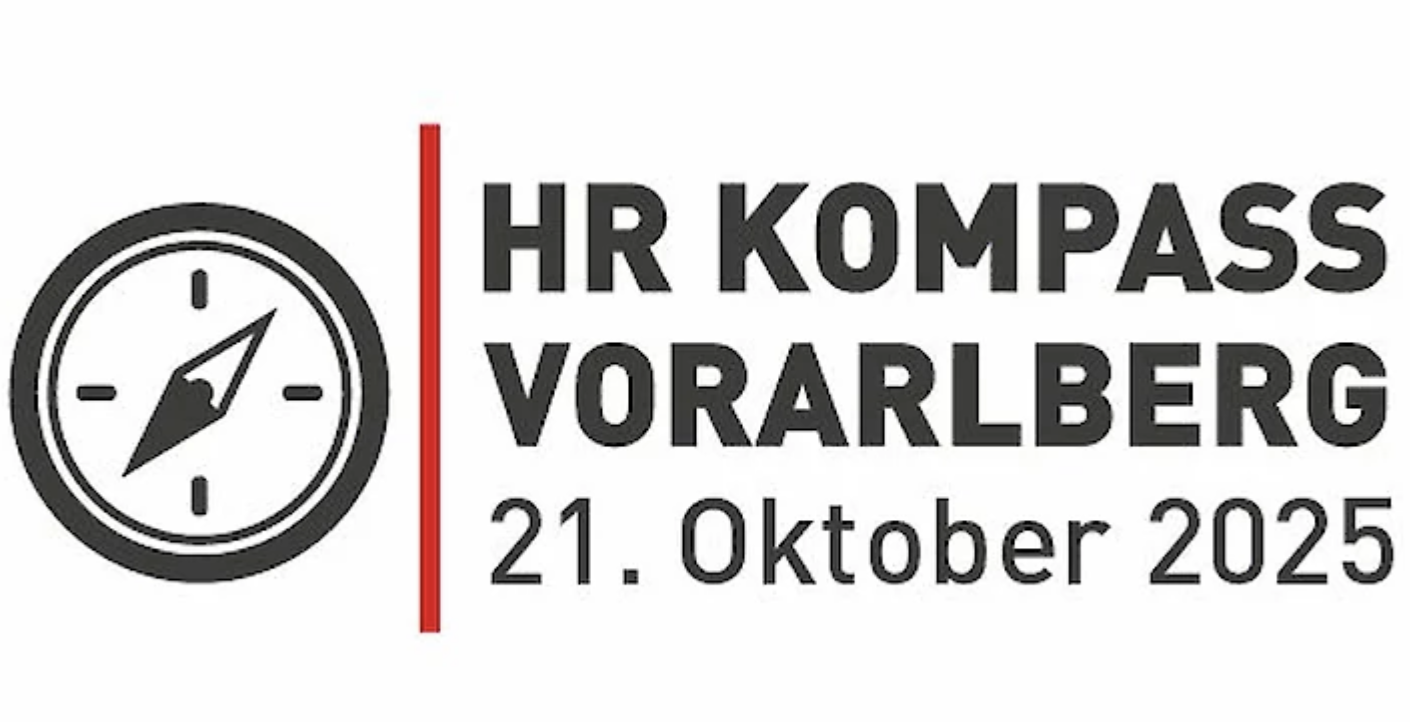Charles Handy, who passed away on December 13, 2024, at the age of 92, was a luminary in the realm of management philosophy, renowned for his profound insights into organizational behavior and the human condition. Born on July 25, 1932, in Clane, County Kildare, Ireland, Handy’s journey from a marketing executive at Shell to a revered social philosopher is a testament to his relentless pursuit of understanding and redefining the complexities of work and life.
In the 1960s, Handy became a founding faculty member of the London Business School, where he championed a human-centric approach to management, diverging from traditional academic perspectives. His seminal works, including The Age of Unreason and The Empty Raincoat, challenged conventional wisdom and introduced concepts such as the “shamrock organization” and the “portfolio career,” foresightfully addressing the evolving dynamics of the modern workforce.
Handy’s philosophy was deeply rooted in the belief that organizations should serve as communities, fostering environments where individuals could find purpose and fulfillment. He advocated for flexibility, decentralization, and trust, envisioning companies as spaces that nurture human potential rather than merely profit-driven entities. His reflections often emphasized the importance of embracing change and seeking new opportunities, urging society to look beyond economic metrics to define progress.
A frequent contributor to the Global Peter Drucker Forum, Handy’s closing keynote in 2017 remains particularly impactful. He called for a “business reformation,” encouraging individuals to “start small fires in the darkness” to illuminate a better vision for businesses. This metaphor encapsulates his approach: thoughtful, humble, yet profoundly revolutionary. Bottom line: Meaningful change will come from many people taking action within their sphere of influence, together working in the same direction. The direction he advocated for was clearly one of respect as a sustainable alternative to elbow strategies that typically end in their proponents being eliminated.
Handy’s legacy is not one of grandiose proclamations but one of insightful provocations that invite introspection and inspire gradual, meaningful change. His life’s work serves as a guide for those seeking to navigate the complexities of modern life with wisdom and humanity. As we reflect on his contributions, we are reminded of the power of thoughtful discourse and the enduring impact of ideas grounded in empathy and foresight.
In many ways, Handy’s contributions stand as a refined humanistic recommendation, appearing in stark contrast to today’s Zeitgeist. As we move forward as a global society, we must ask ourselves: should humanity embrace confrontation and division, or should a truly mature 21st-century civilization seek to solve problems through dialogue, consideration, and collective wisdom? The answer lies not in dominance but in understanding, not in force but in respect—a principle that Handy so elegantly championed throughout his life.
Charles Handy is survived by his children, Kate and Scott, and their families. His ideas continue to resonate, challenging us to rethink our approaches to work, management, and the pursuit of a fulfilling life.
Links to photos, keynotes, lectures, talks, and articles by Charles Handy were provided by the wonderful team of the Global Peter Drucker Forum here.

